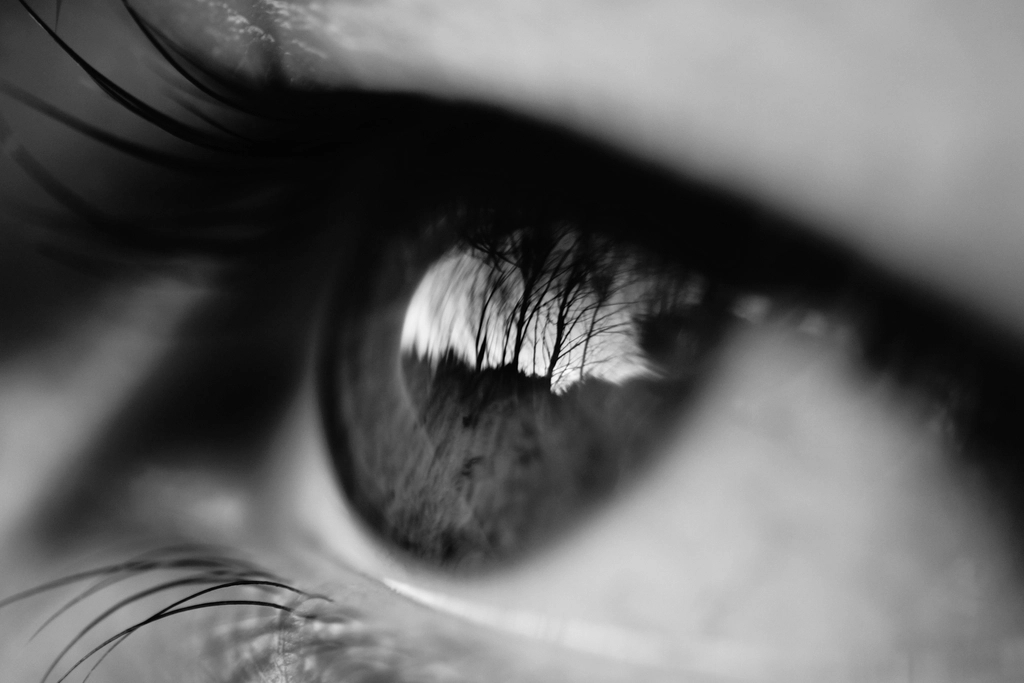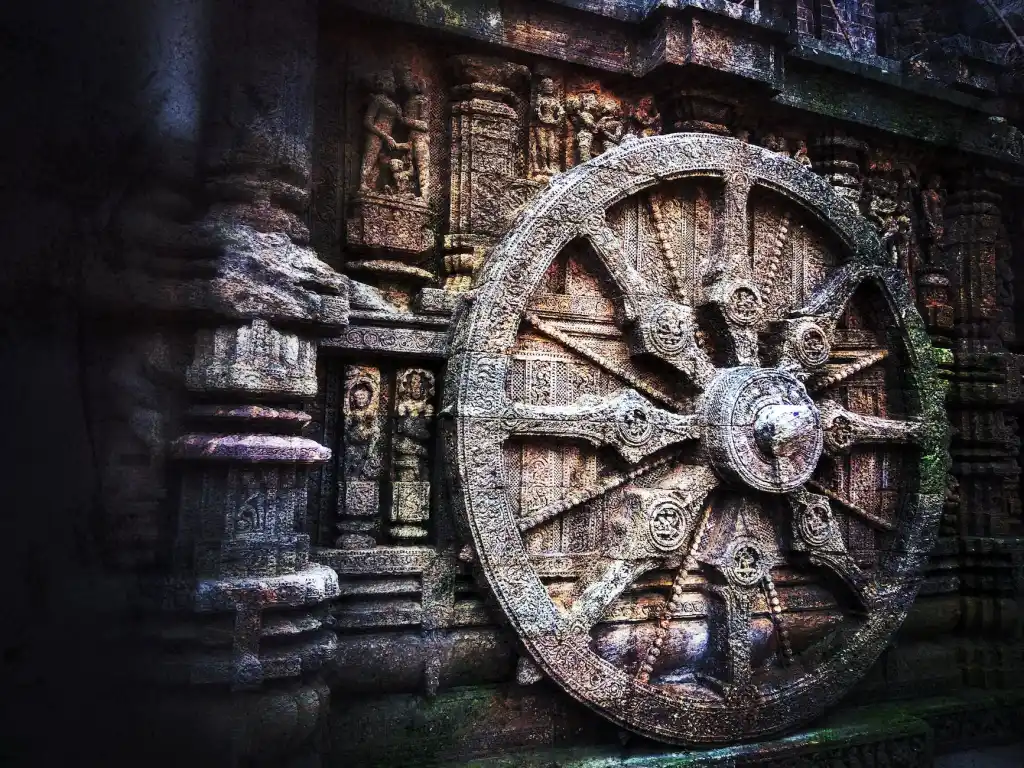A very sound analysis: “Perhaps the issue is not so much about decision to fight 377, but the unequal distribution of wealth among Indian queers (and society at large), leading some to live in relative safety and comfort over others, no matter the social/legal climate around queerness. Moreover, it would be a mistake to assume that the Supreme Court judgement will necessarily increase gender- and sexual-based violence. After all, the defeat has generated widespread sympathy for the cause.” This makes for an intriguing read given the regressive nature of the law. India continues to be largely homophobic. A latent double-standard regarding the issue.
KAFILA – COLLECTIVE EXPLORATIONS SINCE 2006
Guest Post by Jordan Osserman
Amidst the outcry of queer rage and mourning against the Supreme Court judgment has emerged a strand of skepticism (For examples See here , here and here) from within queer circles, directed at the participants in the anti-377 campaign. These skeptics allege that the 377 organizers failed to adequately consider the impact of their activism on the most marginal queers in India (lower class/caste hijras, kothis, MSM, etc.). In the most biting version of the critique, the 377 campaign is portrayed as an elite middle class movement, fueled by foreign-funded NGOs, against a largely symbolic, immaterial enemy. 377, these critics allege, was never a central cause of LGBT oppression; a paper tiger, relatively unknown by police and Indian society writ large until middle-class queers arbitrarily put it on the agenda and invested it with symbolic meaning. To the extent that marginal sexual minorities have…
View original post 2,120 more words





Leave a comment